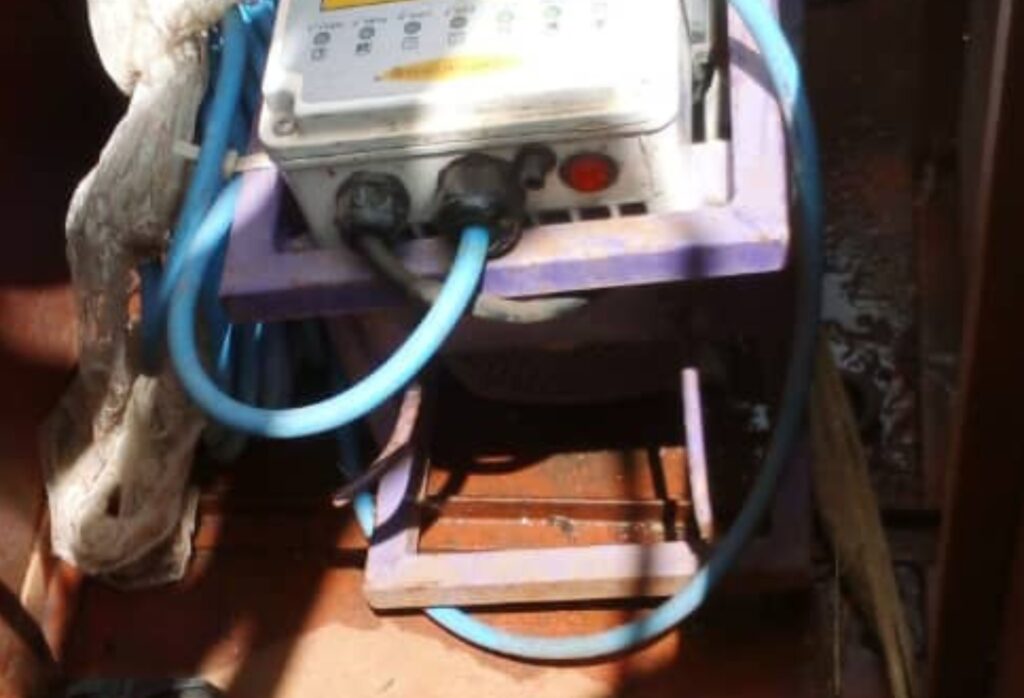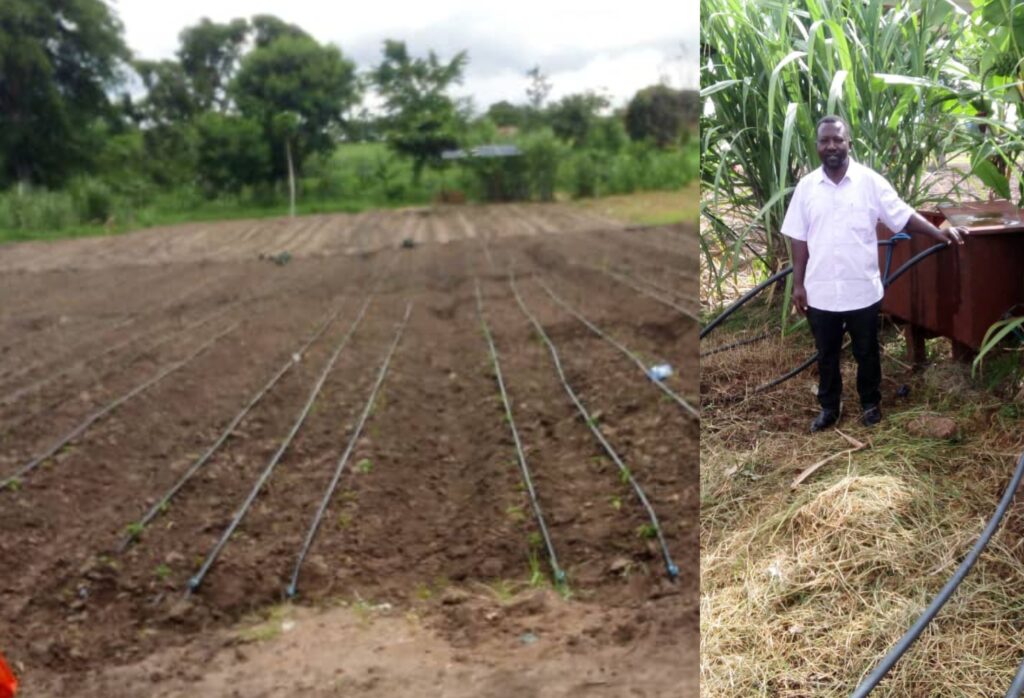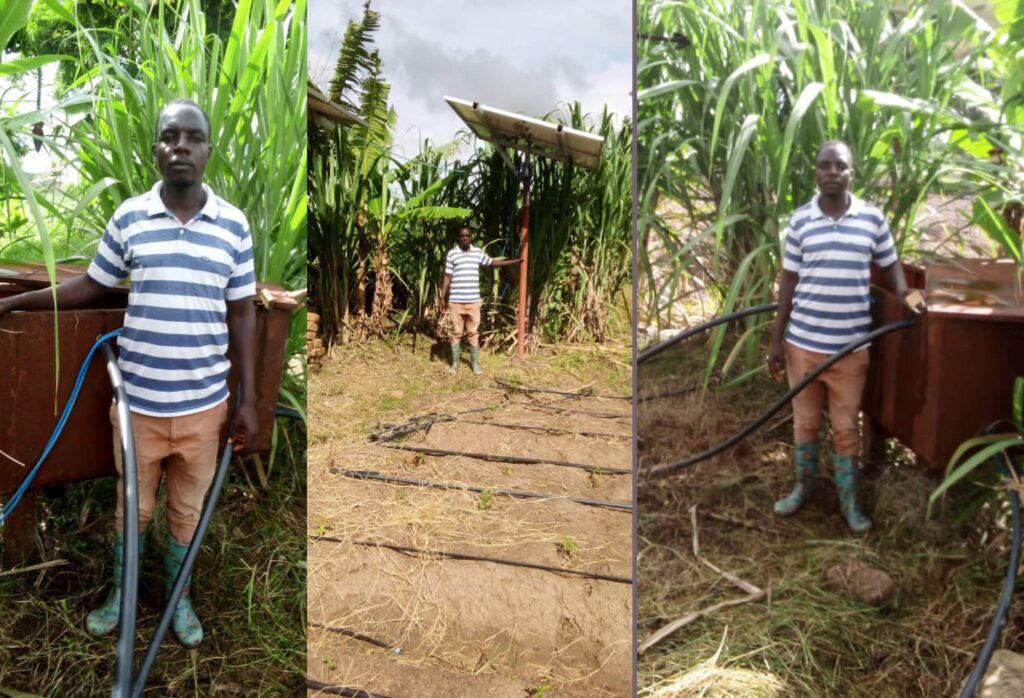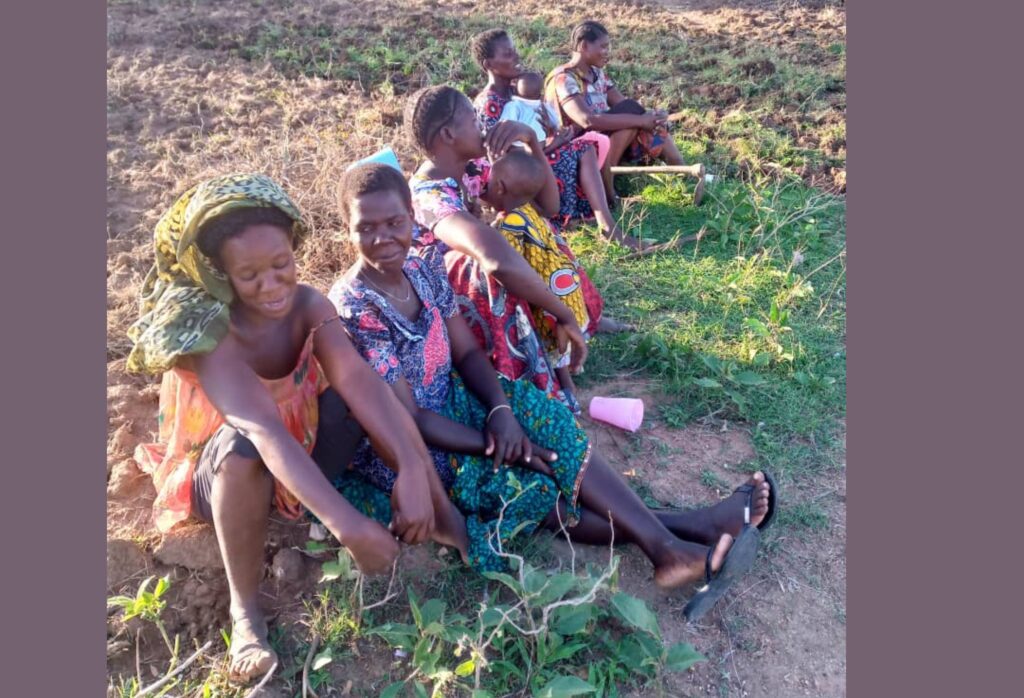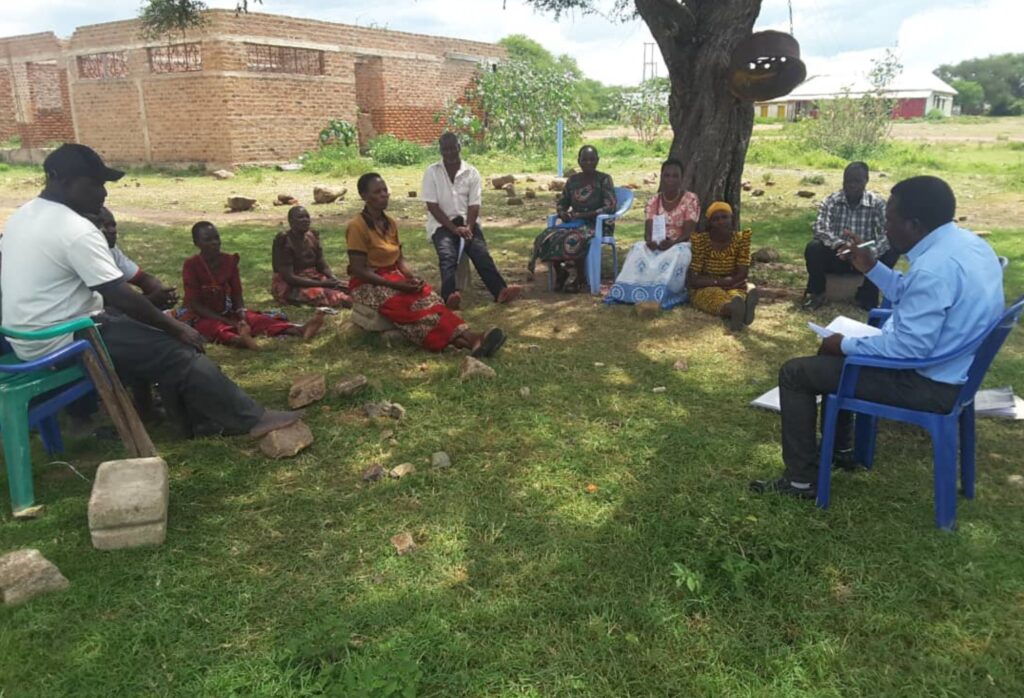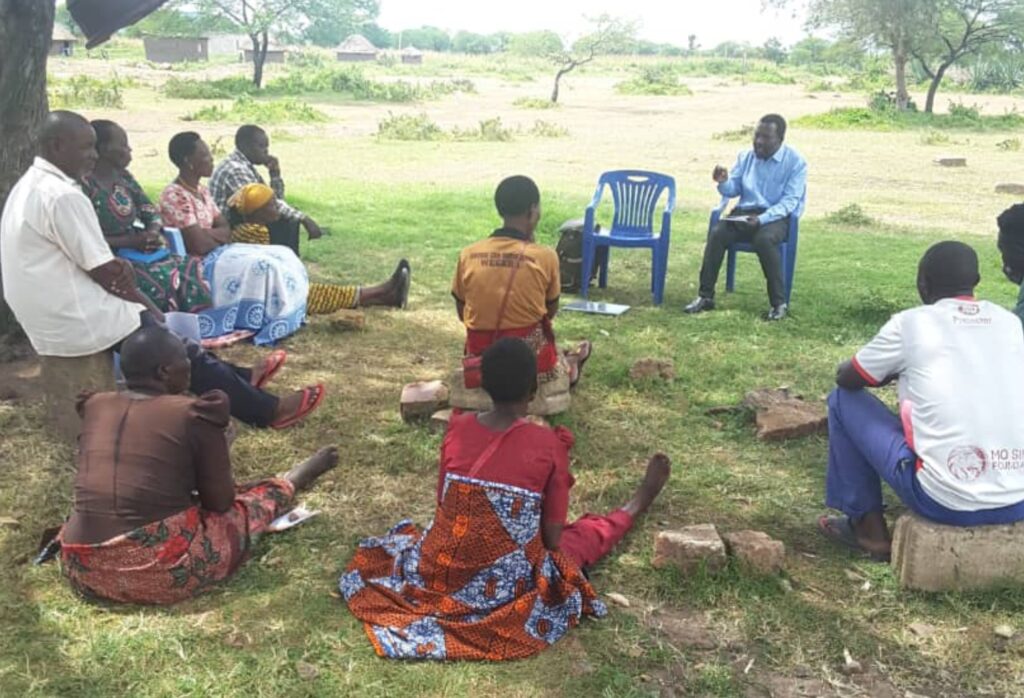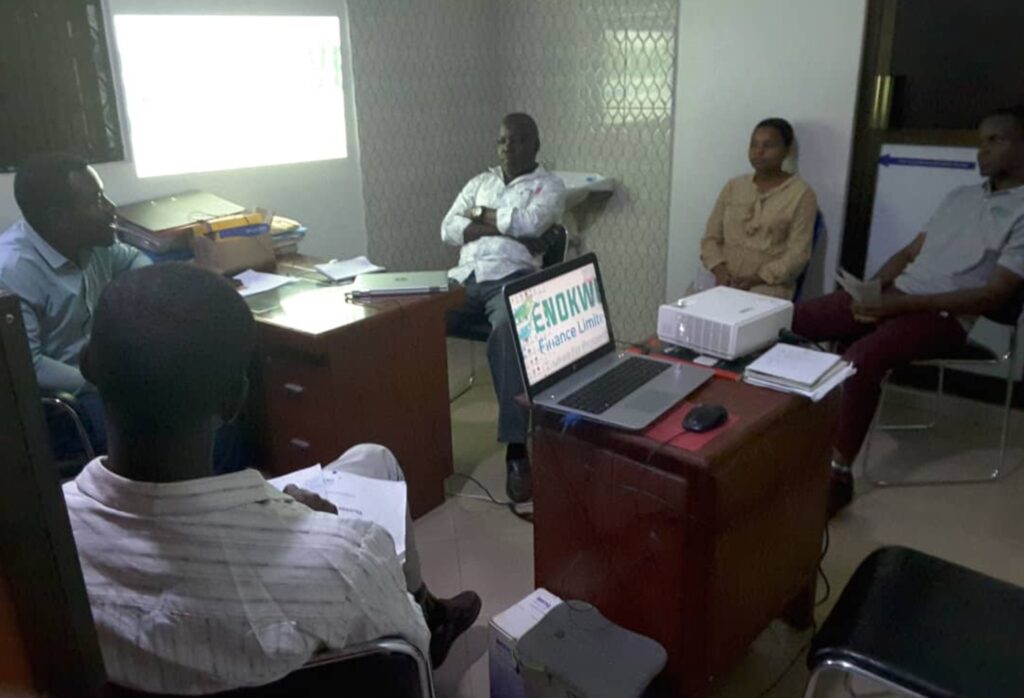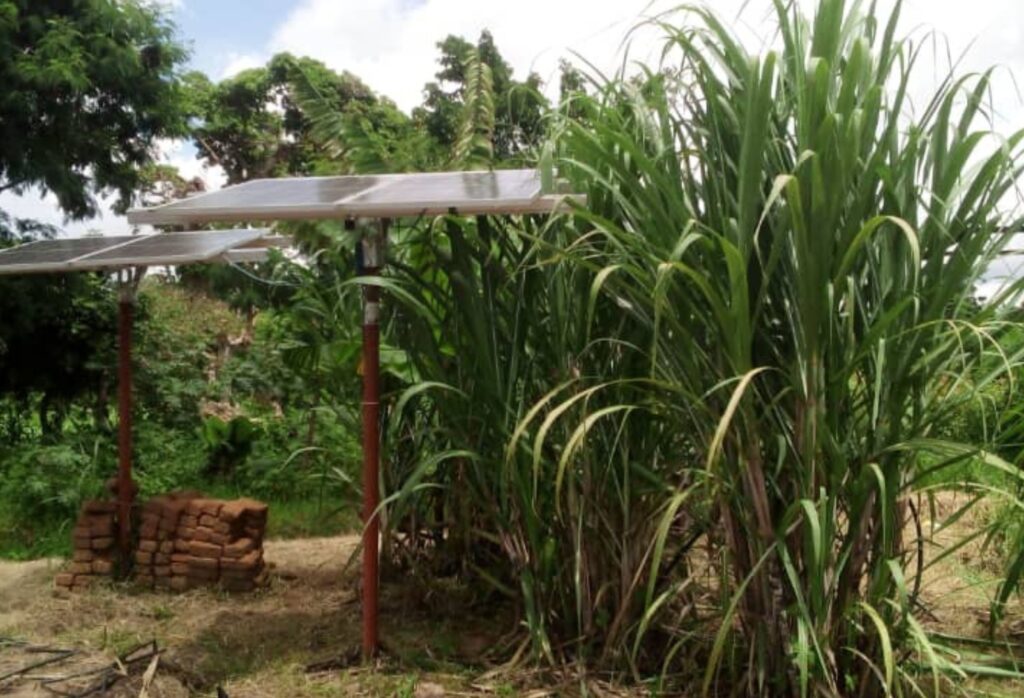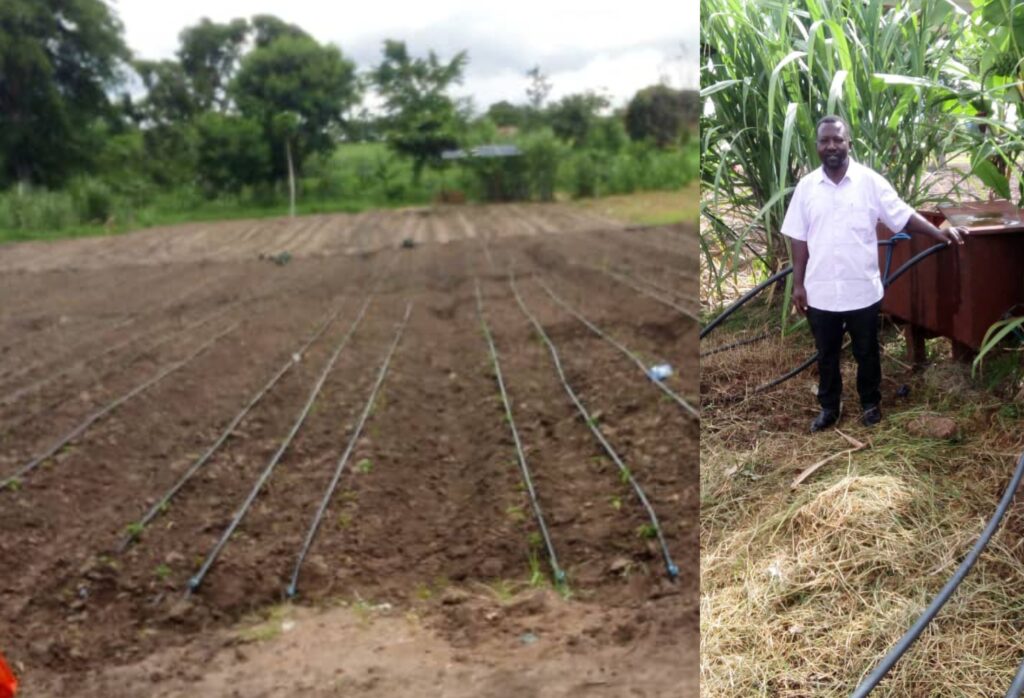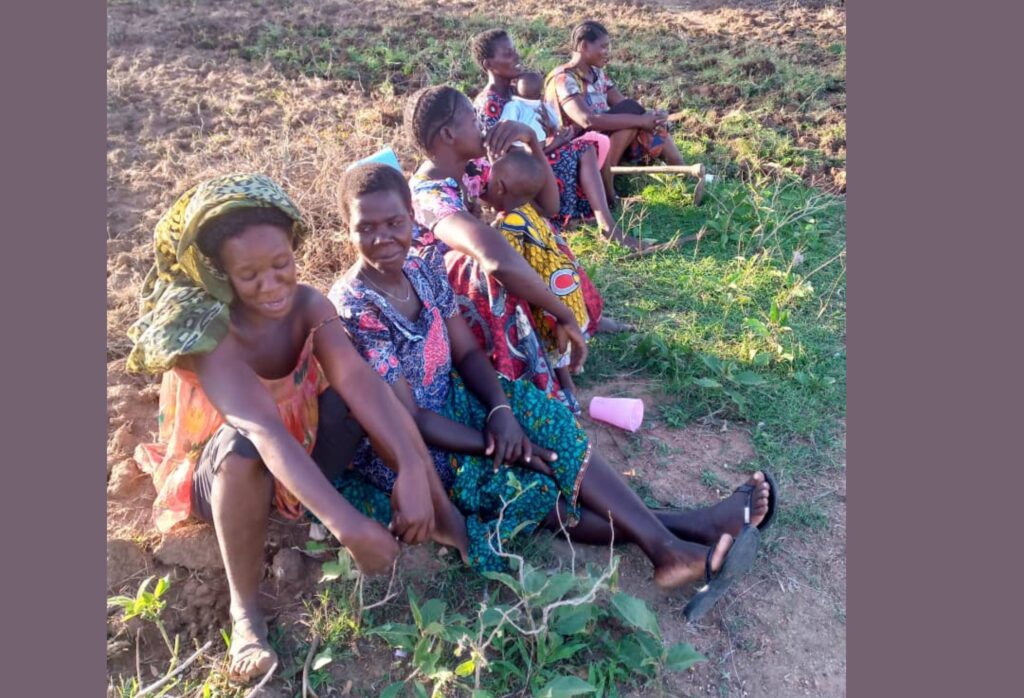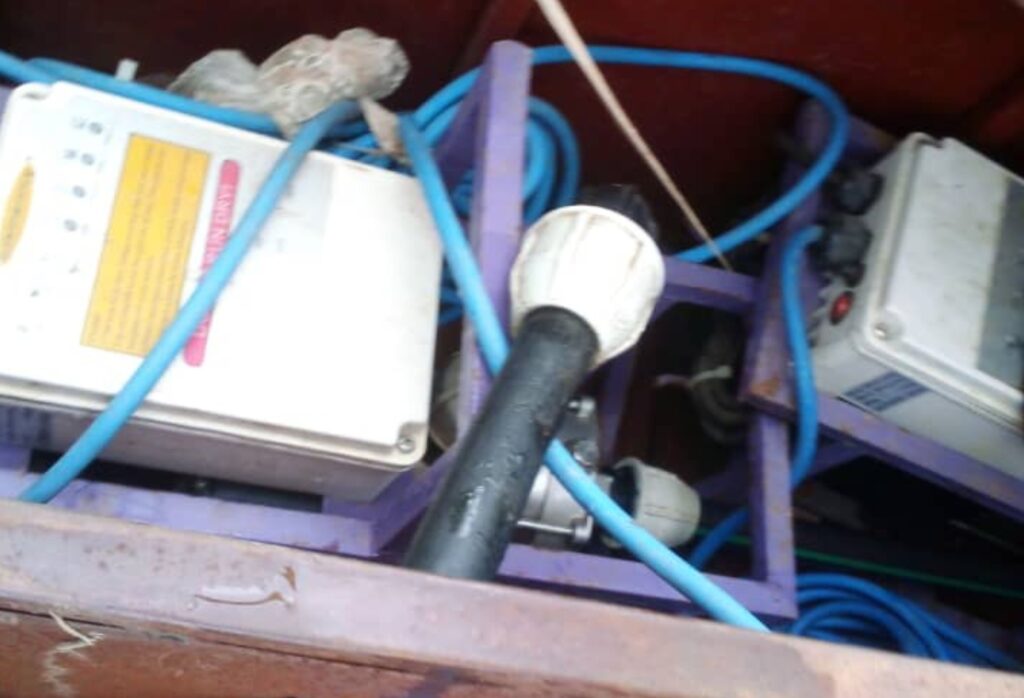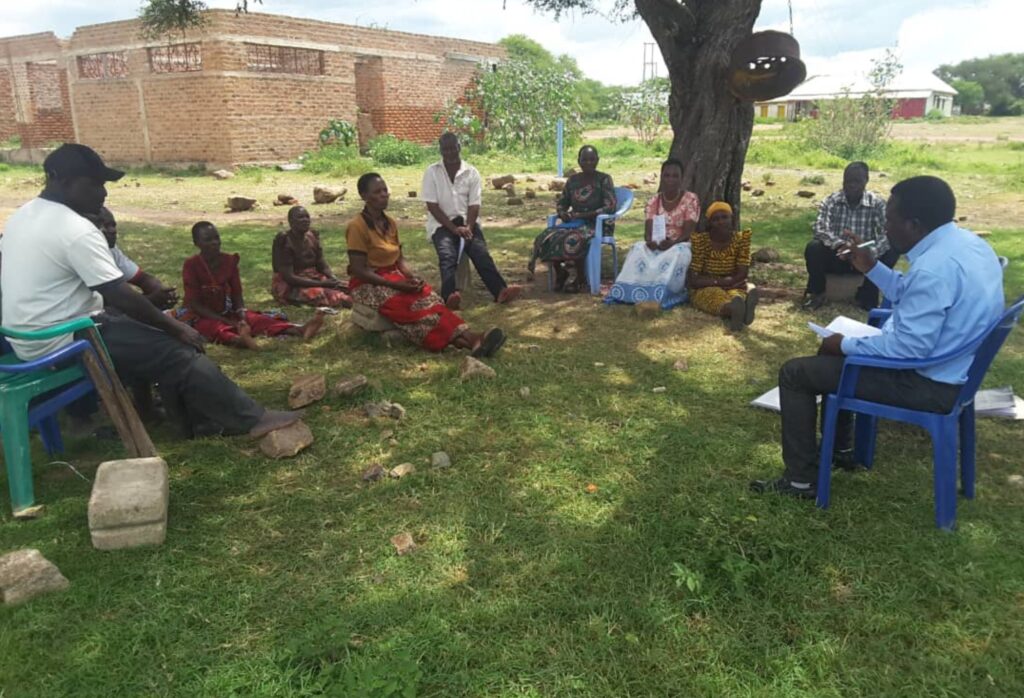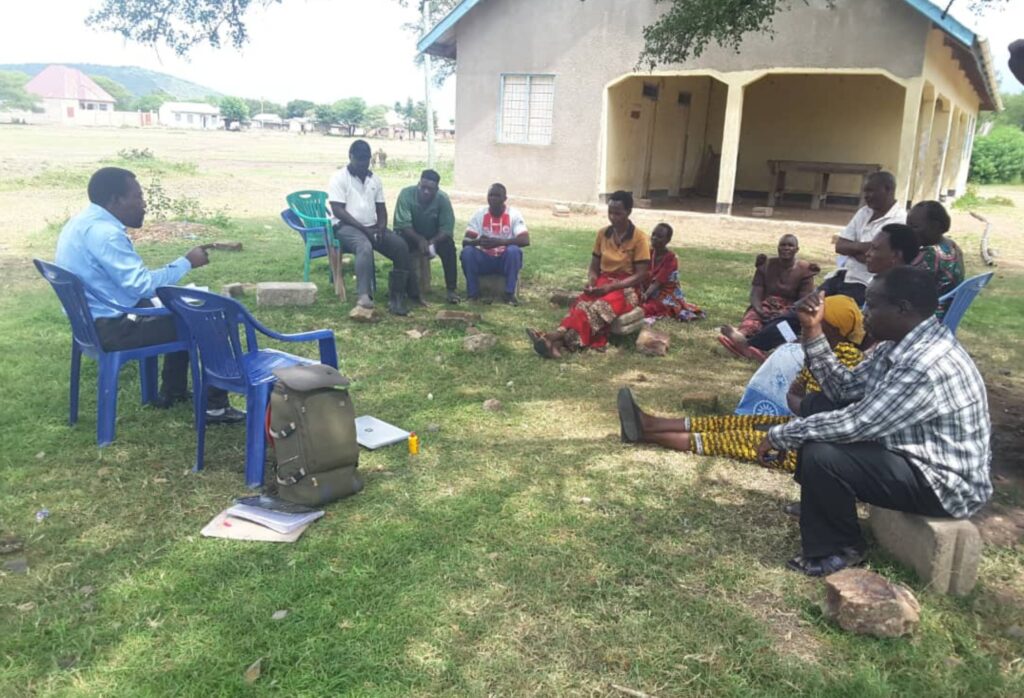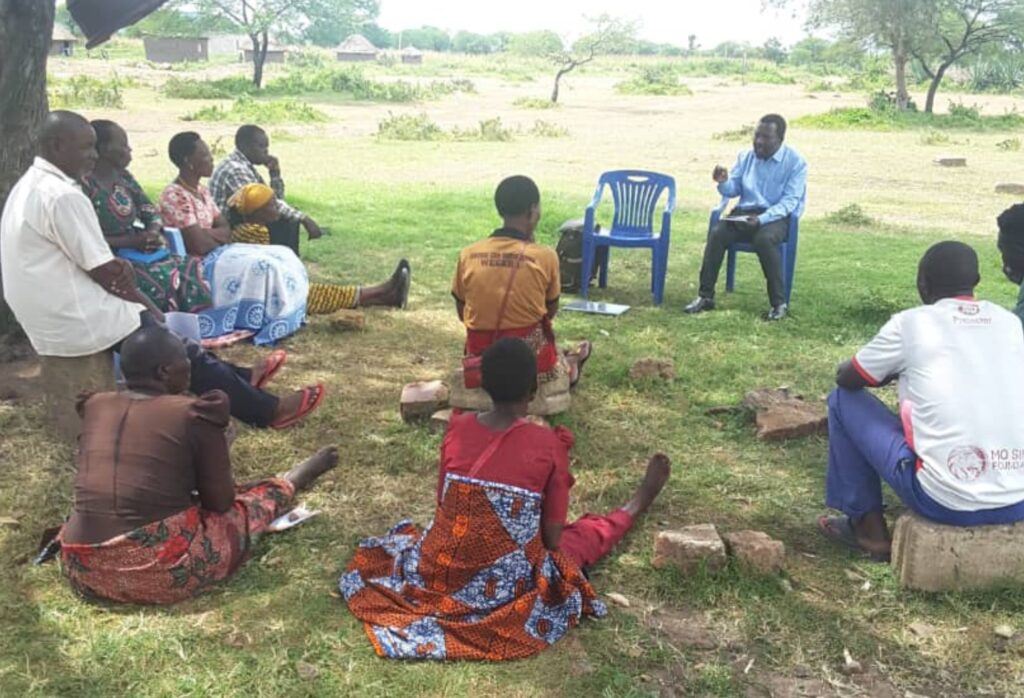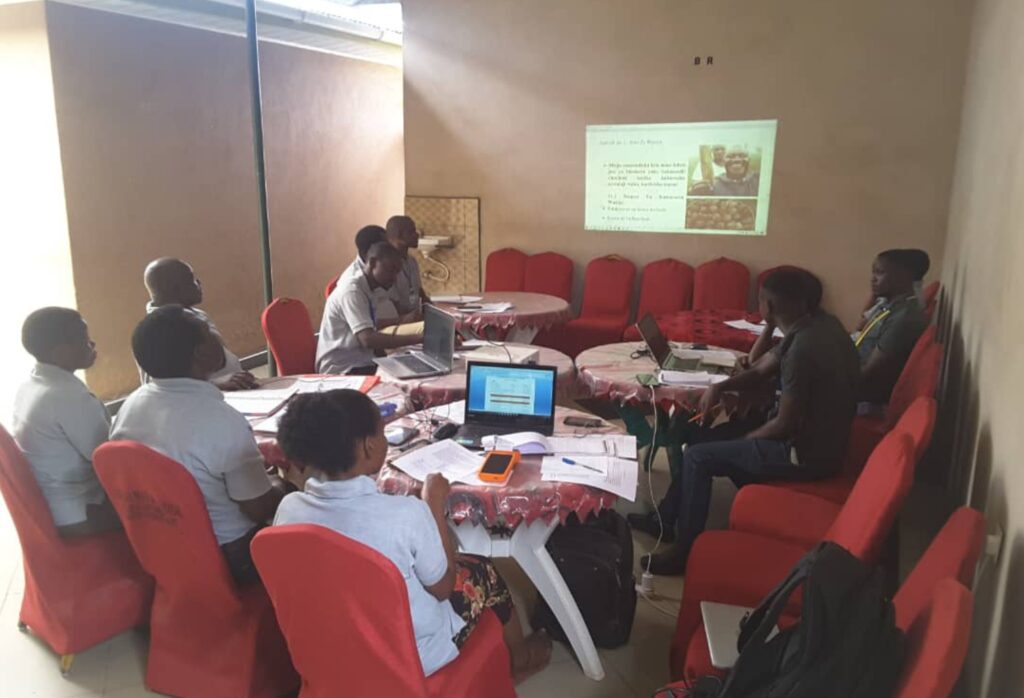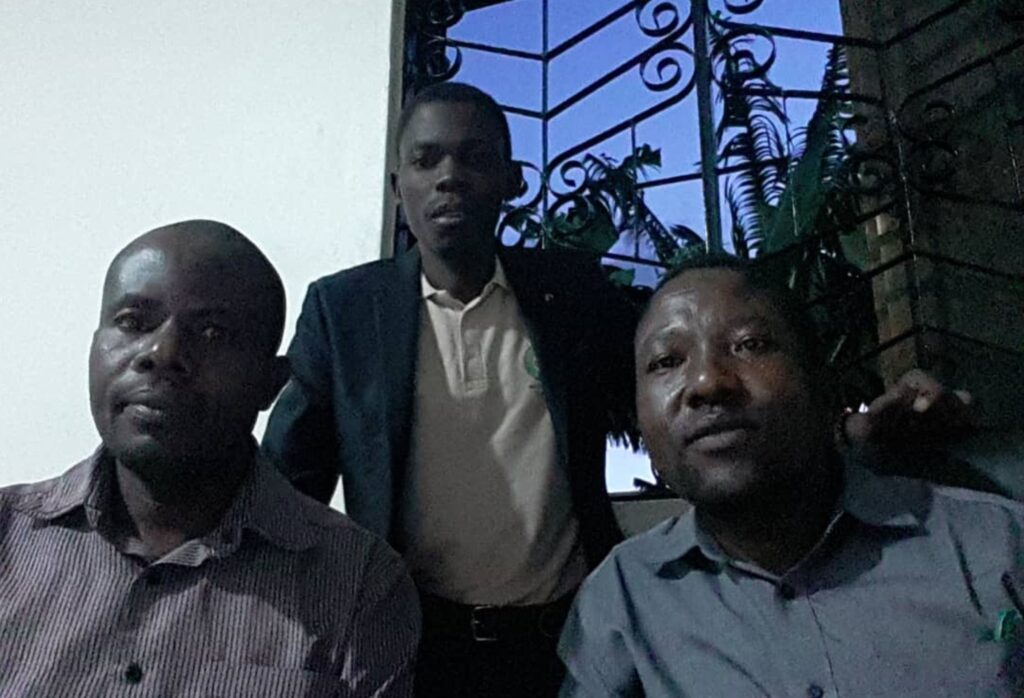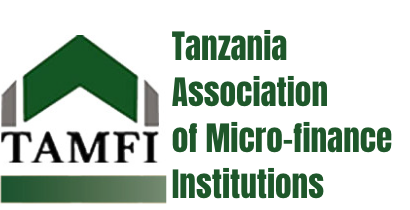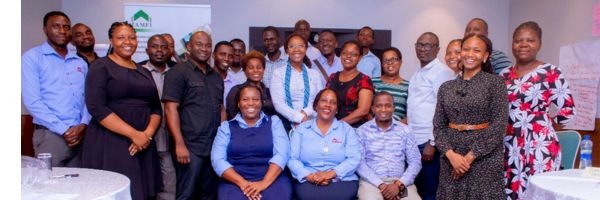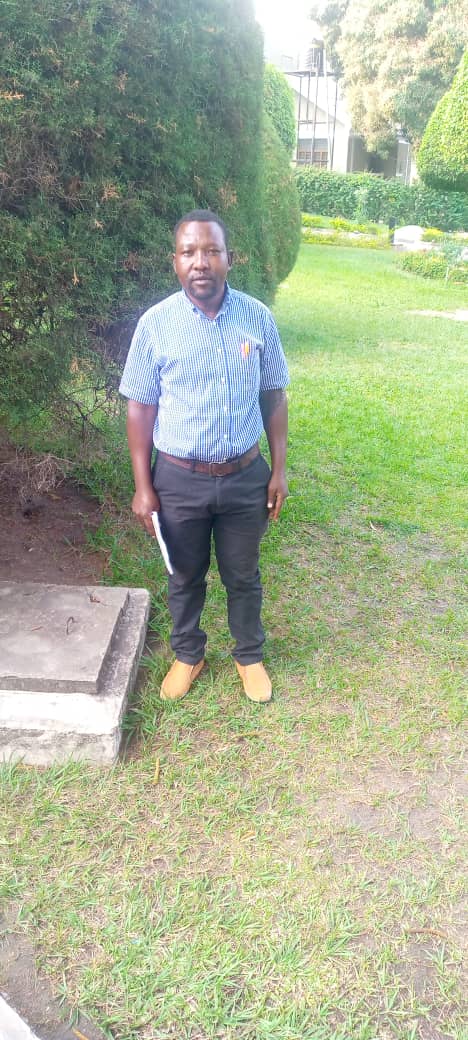
Musoma
Enokwe Finance Limited (EFL) is leading the way in empowering the agricultural sector in Musoma with decentralized renewable energy financing, setting the standard for Tanzania.
Based in the Musoma Rural District of the Mara Region, this small financial institution has established itself as a trailblazer in decentralized renewable energy (DRE) financing for households and the agricultural sector, according to The Tanzania Association of Microfinance Institutions (TAMFI).
Their recent venture into lending for alternative energy has further cemented their reputation as an innovator in this field. This approach to lending has enormous potential to improve the livelihoods of small-scale farmers in Tanzania.
Commitment to the Industry’s Best Practices
EFL lending institution provides loans to entrepreneurs, small business owners, and employees to support their growth and development and adheres to its best practices. As a member of TAMFI, they are committed to providing their clients, mostly farmers, with financial assistance, valuable agricultural advice, and market connections.
TAMFI has taken a proactive approach to promoting renewable energy financing for microfinance institutions (MFIs) through its Energy Access project.
EFL, a proud member of TAMFI, has emerged as one of the most successful institutions in providing financial assistance to end-users before and after TAMFI advocacy efforts. Their recent foray into lending alternative energy has demonstrated their commitment to improving the livelihoods of small-scale farmers in Tanzania.
Advocacy for Renewable Energy Financing
Enokwe Finance Limited (EFL) has partnered with TAMFI to advocate for renewable energy financing, increasing the number of end users for renewable energy financing. Through this partnership, EFL has been able to provide finance, agricultural advice, and market connections to farmers, contributing to the growth and development of Tanzania’s agricultural sector. The Tanzania Horticulture Association (TAHA) has also collaborated by providing valuable agricultural advice and market connections.
While TAMFI and TAHA provided capacity building, EFL leveraged their partnership to support small-scale farmers in accessing finance and expertise, enabling them to invest in decentralized renewable energy (DRE) and improve their productivity and sustainability.
“We provide loans for renewable energy machinery, the most popular needs being solar power pumps, while other needs include various agricultural equipment and appliances for home and business use, ” noted EFL’s Managing Director, Richard Nyamonge.
Positive Impact of DRE Financing
EFL has been at the forefront of extending loans to individuals who wish to invest in alternative energy machinery. According to the company’s Managing director, most loan applicants express interest in borrowing solar panels or renewable energy for their homes. In contrast, others may have different purposes, such as paying for their children’s school fees, and using renewable energy as a decoy. Notably, the company has also extended loans to employees who purchase solar panels for their households.
To address the issue of improper loan usage by farmers, EFL has introduced forms that clearly specify the loan’s purpose. Through follow-ups, they have discovered that some borrowers buy solar panels for their homes but use them for business purposes, such as bars and fish-selling and Vioski (small shops) which has increased income.
In rural areas, teachers often borrow to establish barber shops, resulting in economic activities. EFL has been tracking borrowers who require loans for renewable energy machinery since the arrival of the TAMFI project. Before granting a loan, borrowers receive training, and loans are provided for production machines such as irrigation pumps, which are also regarded as the loan collaterals. EFL officers visits borrowers to determine the farm size, recommend appropriate machines, and evaluate the water source to determine the water depth.
One of the advantages of solar pumps is their ability to operate even in low sunlight or when there are clouds, which ensures farmers can continue their work. The machines are durable, easy to operate, and suitable for rural areas. EFL follows up with farmers for a year, and during this time, farmers learn how to operate the machines without any difficulties. Impressively, about 75% of those who received these loans for alternative energy machinery, particularly pumps, have been successful in their repayments.
Nyamonge also highlighted the positive impact of renewable energy financing on Tanzania’s economy: “Our initiative is not just about providing loans but also about promoting sustainable economic development. By supporting the use of alternative energy, we are contributing to Tanzania’s long-term economic growth and poverty reduction efforts.”
EFL’s commitment to promoting renewable energy is a crucial step towards a more sustainable and prosperous future for Tanzania. Their success in implementing renewable energy financing initiatives has demonstrated the positive impact that small loans can have on the lives of individuals and communities.
The Positive Impact of DRE Financing on Tanzania’s Economic Development, Poverty Reduction, and Environmental Sustainability
Our success indicates the positive impact of DRE financing on Tanzania’s economic development, poverty reduction, and environmental sustainability. Nyamonge emphasized the benefits of lending pumps, particularly solar energy-powered ones, as this has significantly improved productivity and profitability for many farmers, especially those growing peppers.
Nyamonge stated, “Our initiative has empowered small-scale farmers and entrepreneurs to access renewable energy, critical for their productivity, cost-efficiency, and environmental sustainability. With small loans, we have helped them invest in solar-powered pumps, allowing them to increase their production capacity and expand their businesses”. He added, “Our partnership with TAMFI and TAHA has enabled us to provide valuable financial and agricultural advice and market connections, making our lending initiative more effective and sustainable”.
Challenges Faced by Enokwe Finance Limited in Providing Renewable Energy Financing
Despite the success of this initiative, EFL has faced some challenges, such as difficulties in obtaining funds for borrower seminars and sourcing reliable companies for borrowers to buy equipment.
“Access to adequate water sources is a significant challenge for farmers, particularly during the dry season when water sources such as rivers and lakes are far from their fields. The lack of awareness funds is also challenging for areas like Musoma, Shinyanga, and Mpanda-Katavi, where we operate. Many communities are far from urban centers and have limited access to information about alternative energy sources,” noted the Managing Director, Mr Nyamonge. He added it was important to reach out to these remote villages to provide information and support on renewable energy solutions.”
According to Mr Nyamonge, some customers are from the most remote villages that require solar solutions for home and business use. “They want to buy solar lights, solar radios, and other equipment. Once their budget is approved, we give them the loans,” he says. Also, the company needs to work with reliable distributors who understand the rural environment.
One of the beneficiaries of this initiative is Ms. Nyang’oko, who cannot read or write. Through EFL, she was able to obtain a solar solution that has enabled her to support her family. With the help of the loan she received, Ms. Nyang’oko was able to purchase a solar-powered radio, which not only keeps her informed but also provides her with entertainment.
However, they have responded to these challenges by implementing a monitoring system to keep up with the high demand for alternative energy loans.
Strategies to Make Renewable Energy Solutions Accessible to More People
Enokwe Finance Limited (EFL) has been working on innovative strategies to make renewable energy solutions accessible to more people. Currently, the company is conducting surveys in small markets that operate until late hours to create a model that enables small-scale business owners with limited capital to access solar lights.
Many small business owners in remote areas rely on using their mobile phones for lighting, which is inefficient and poses security risks. Mobile phones are easy to steal, and their batteries run out quickly, leaving the owners in the dark. Moreover, using mobile phones as a source of light can strain their eyes, leading to health issues in the long run.
EFL aims to provide affordable solar lighting solutions to these small business owners, making their businesses more sustainable and safe. By offering loans ranging from TZS. 10K to 100K, EFL is helping these entrepreneurs to purchase solar-powered lights and other renewable energy equipment. This way, they can improve their working conditions and productivity while reducing their energy costs.
The success of this initiative will not only help small business owners but also provide them with an alternative renewable and eco-friendly energy source. It will also reduce the carbon footprint, contributing to the global effort to mitigate climate change.
Through its forward-thinking strategies, EFL is committed to providing innovative solutions to the energy challenges faced by remote communities, creating a brighter and more sustainable future for all.
Creating Awareness About Financing Renewable Energy for Microfinance Institutions
According to Winnie Terry, TAMFI CEO, the challenges faced by Enokwe Finance Limited highlight the need for solutions that can help microfinance institutions (MFIs) like them to provide renewable energy financing more efficiently.
One solution could be for the government or international organizations to provide grants or funding for borrower seminars to educate borrowers on the benefits of renewable energy and responsible borrowing.
Another solution could be for EFL and other MFIs to collaborate and pool their resources to source reliable companies that sell equipment. By doing this, they could ensure borrowers can access high-quality equipment at affordable prices.
In addition, MFIs could also consider partnering with renewable energy companies to offer financing to their customers. This would provide borrowers with a one-stop-shop for financing and equipment, making it easier for them to access renewable energy and benefit from its positive impact on their lives and the environment.
TAMFI CEO, Terry, is optimistic about the future and delighted to see that several TAMFI members have started lending to end-users for renewable energy, thanks to a project supported by the C.S. Mott Foundation. This advocacy project has created awareness about the need to finance renewable energy for microfinance institutions (MFIs), enabling them to provide loans for renewable energy machinery, such as solar power pumps.
The support of the C.S. Mott Foundation has been instrumental in the success of the Energy Access project, which has increased awareness and provided capacity building for microfinance institutions like Enokwe Finance Limited to offer renewable energy loans to end users including farmers. The project has also facilitated access to finance for end-users, empowering them to invest in renewable energy machinery and improve their productivity and sustainability.
Despite the challenges faced by Enokwe Finance Limited in obtaining funds for borrower seminars and sourcing reliable equipment companies, their response to these challenges demonstrates their commitment to promoting renewable energy and providing financial assistance to farmers, she says.
With the continued support of organizations like the C.S. Mott Foundation, Enokwe Finance Limited, and other microfinance institutions can continue to provide valuable financial and agricultural advice and market connections to farmers, contributing to the growth and development of Tanzania’s agricultural sector.
Success Stories of Enokwe Finance Limited’s Renewable Energy Financing Initiative
Mr. Juma Makole is one of the beneficiaries of Enokwe Finance Limited’s renewable energy financing. He is a farmer and livestock rearer from the Mara region of Tanzania who, until recently, faced significant challenges with irrigation that severely limited his productivity.
However, in 2021, Makole’s farming experience took a positive turn, thanks to the renewable energy project initiated by the Tanzania Association of Microfinance Institutions (TAMFI). “Enokwe Finance Limited provided me with a loan of TSh 6.5 million to buy a solar pump, which made a significant difference in my ability to access water for my farming and livestock rearing activities,” said Makole.
Through the use of alternative energy technology, Makole has been able to farm his garden and provide water for his livestock throughout the year, even during long dry periods. Another beneficiary, Penina Boto said, “Before receiving the solar panel and water pump loan, I faced many challenges with irrigation farming. But now, with alternative energy technology, I can irrigate my crops without any difficulties, and my productivity has significantly increased.” Penina Boto, a small-scale farmer and entrepreneur based in Serengeti-Mara, Tanzania.
“Enokwe Finance Limited’s support has transformed my life and my business. I can now produce more crops, sell them at a better price, and provide for my family. I am grateful for the opportunity to access renewable energy solutions through this project,” added Boto.
“I wish the solar technology would reach all farmers in remote areas of Tanzania. It’s not limited to any infrastructure. It can bring a significant economic and agricultural revolution,” said Boto.
“Renewable energy solutions can potentially transform the lives of small-scale farmers like me. It’s important to access affordable and reliable energy sources to increase our productivity and income,” emphasized Boto.
